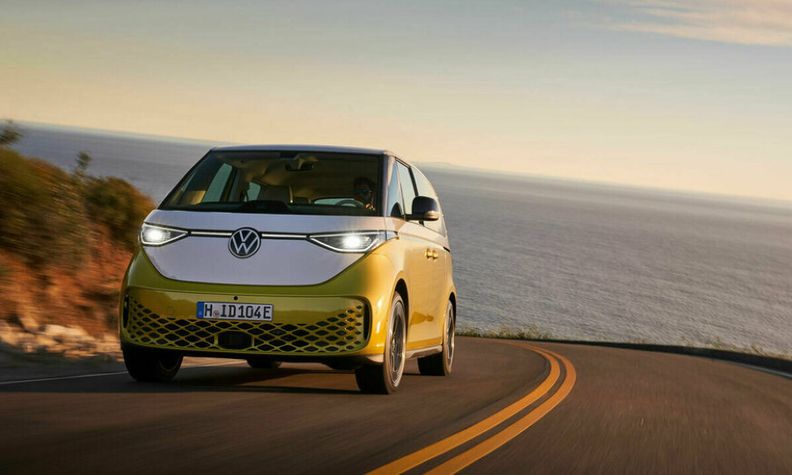Volkswagen eyes EV incentives to boost its market share in the US
The ID4 electric compact crossover is being built by VW at its plant in Chattanooga, Tennessee. Volkswagen Group is aiming to increase its share of the U.S. market by more than double with the help of the electric-vehicle incentives provided by President Biden’s Inflation Reduction Act, according to Pablo Di Si, CEO of Volkswagen Group of America.
The carmaker plans to sell 25 fully electric models in the U.S. by 2030, all of which should be eligible for the maximum $7,500 in tax credits. The availability of the incentives will help Volkswagen attract more customers and achieve its goal of accounting for 10 percent of the US auto market by 2030.
The company plans to spend $7 billion in the country to add production for its electric vehicles, aiming to produce a midsize and a large electric SUV in the next several years. Di Si believes Volkswagen will be able to capitalize on the growth in electric vehicle sales faster than some other established automakers and gain ground on Tesla, the industry’s leader.

Prioritizing North America production
Volkswagen of America has said 80 percent of the 25 new electric models it plans to introduce in the United States by the end of the decade will be produced in the U.S. or Mexico, tipping its hat toward the incentives laid out in the Inflation Reduction Act.
Getting that much share will be tough, said Sam Fiorani, vice president of global forecasting for AutoForecast Solutions. Even if Volkswagen gets an outsized portion of electric vehicle sales, attaining 10 percent of the total market will hinge upon EV sales rising faster than currently expected, he said.
“VW has gone through a number of periods where they wanted to gain share in U.S.,” Fiorani said in a phone interview. “The only time it worked was when the Jetta came out. VW just doesn’t have that big of a following anymore. It will be tough without a huge shift to EVs.”
To have a chance of realizing its goal, VW is also hiring designers and engineers to tailor its future models more closely to American tastes. The company has unsuccessfully tried to make a push in the U.S. in the past, but its models were either too expensive to gain big sales volume or didn’t have enough appeal to dislodge consumers from American and Japanese brands.
Di Si said in a separate interview Thursday with Bloomberg that while VW is confident in its plan, achieving its U.S. market share goals will be a stretch.
